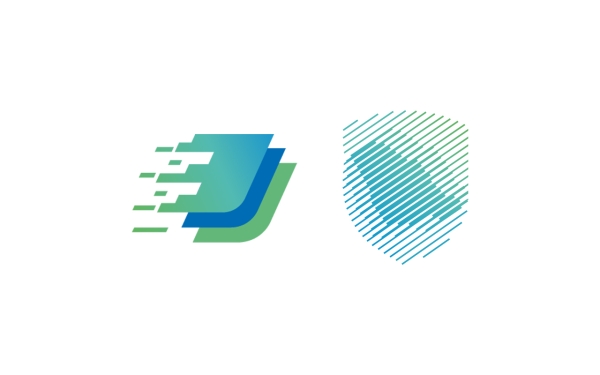
E-Invoice or E-Invoicing is an invoice issued and stored in a structured electronic format via electronic means, containing the requirements of a tax invoice. Handwritten or scanned invoices are not considered an e-invoice. The Zakat, Tax, and Customs Authority (ZATCA) in the Kingdom of Saudi Arabia launched the e-invoicing project 'Fatoorah' on August 24, 2021.
Contents of the e-invoice
The e-invoice contains all the requirements of a tax invoice and is issued and stored through a designated electronic system. It excludes handwritten or scanned invoices. There are two types of tax invoices: the tax invoice and the simplified tax invoice.
The tax invoice is issued from one business to another business (B2B), containing all tax invoice elements, while the simplified tax invoice is issued from a business to consumer (B2C), containing all simplified tax invoice elements.
E-Invoicing Project 'Fatoorah'
The e-invoicing system is a procedure aimed at transforming the issuance of paper invoices and notices into an electronic process. This system enables the exchange and processing of electronic invoices and credit or debit notes in an organized electronic format between sellers and buyers in an integrated electronic format.
Phases of E-Invoicing implementation
The e-invoice implementation is divided into two phases. The first phase focuses on the issuance and storage of invoices electronically, applicable to all VAT-registered taxpayers, except those residing outside the Kingdom. The second phase deals with integration and connection.
First phase of e-invoicing
The first phase of the e-invoicing project (generation phase) began on December 4, 2021. It required zakat payers subject to the e-invoicing regulation to completely cease using handwritten invoices or invoices generated through word processors or spreadsheet software. Taxpayers were required to ensure they had a technical solution compliant with the Zakat, Tax, and Customs Authority's requirements. Additionally, they needed to issue and store electronic invoices with all required elements, including a QR code and other necessary components.
Second phase of e-invoicing
On June 24, 2022, the Zakat, Tax, and Customs Authority began implementing the second phase of e-invoicing, the 'integration phase.' This phase aimed to integrate the e-invoicing systems of taxpayers subject to the e-invoicing regulation with the authority's system (Fatoorah). The authority notified the targeted establishments to complete the necessary steps for this phase.
The integration phase began on January 1, 2023, with establishments selected in the first group after completing all the requirements for this phase. The establishments in this group were chosen based on their VAT-taxable revenues exceeding SAR3 billion in 2021.
This phase required additional requirements beyond the first phase, such as connecting the taxpayer’s e-invoicing systems with the authority’s system and issuing electronic invoices in a specified format with additional elements. The second phase is carried out gradually and in groups. The authority notifies the subsequent groups directly six months before the designated integration date.
As of June 2024, thirteen groups have been notified to implement the 'integration and roll-out' phase of the e-invoicing system. The thirteenth group includes establishments with VAT-taxable revenues exceeding SAR7 million in either 2022 or 2023. These establishments are required to integrate their e-invoicing systems with the Fatoorah system by January 1, 2025.
E-Invoice controls and requirements
The technical solutions used for issuing e-invoices and electronic notices must be capable of integrating with external systems via an Application Programming Interface (API) and must have internet connectivity. These digital systems should be secure, tamper-proof, and resistant to unauthorized access, whether by the user or any external parties.
The electronic systems used for issuing e-invoices must comply with the applicable data security and cybersecurity controls and requirements, ensuring that all systems involved in issuing, storing, and transmitting e-invoices and notices adhere to the regulations. This includes all devices, software, networks, and systems necessary for the operation of the e-invoicing system and its notices.
E-Invoice violations and penalties
The Zakat, Tax, and Customs Authority has outlined the key penalties and violations related to the first phase of e-invoicing. Failure to issue and store e-invoices electronically incurs a fine starting at SAR5,000. Other violations, such as not including the QR code in simplified tax invoices, failing to include the buyer’s VAT registration number in tax invoices, or not reporting any technical malfunction hindering the issuance of e-invoices, result in a warning for the establishment.
Deleting or altering e-invoices after issuance carries a fine starting at SAR10,000. All penalties are applied based on the type of violation and the frequency of occurrence.
Related quizzes
Related articles


